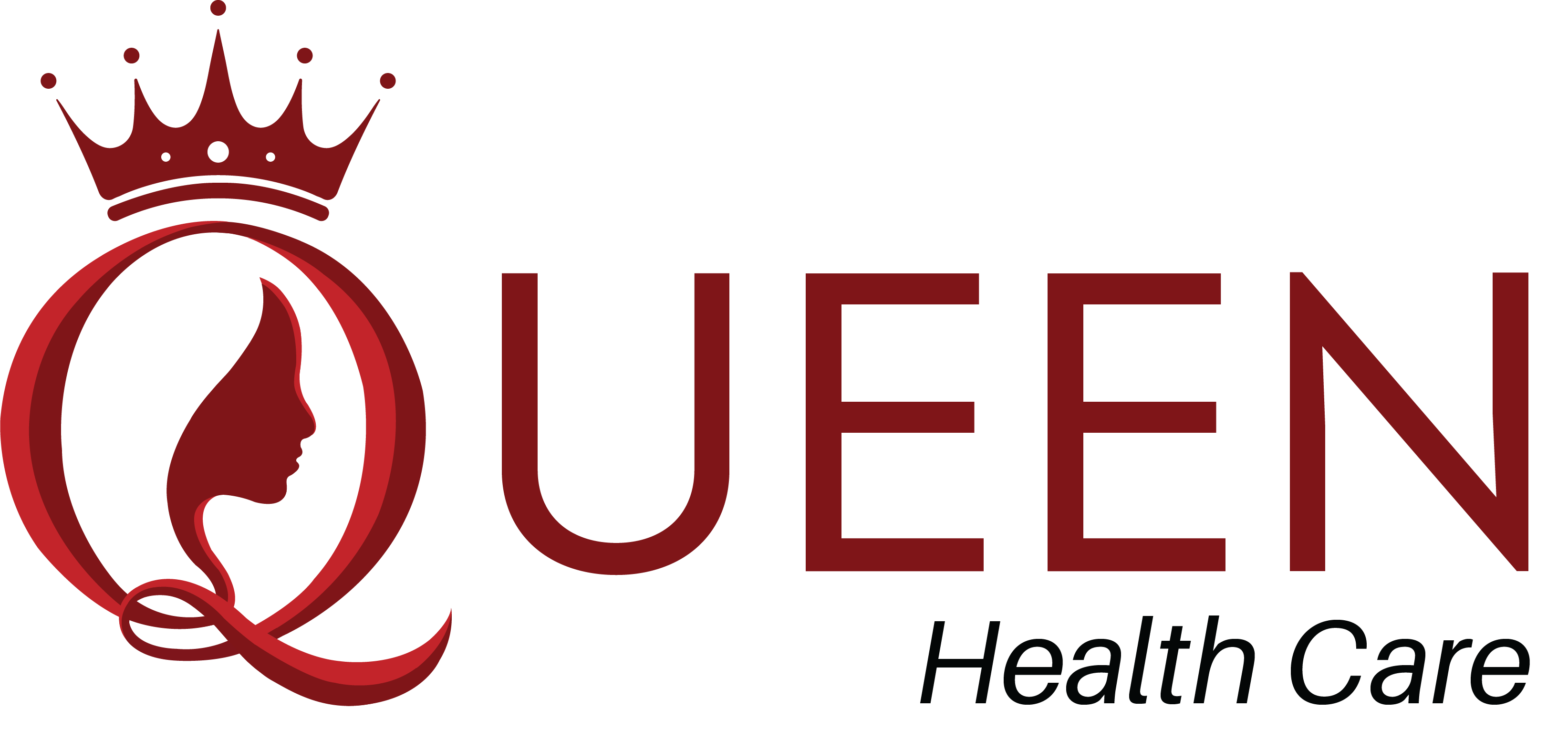In the healthcare industry, different types of nursing professionals play vital roles in providing patient care. Registered Practical Nurses (RPN) and Registered Nurses (RN) are two important designations. While both RPNs and RNs contribute to the well-being of patients, there are distinct differences between these roles. This article will explore the contrasting aspects of RPN Vs RN, their responsibilities, education requirements, and the significance of their roles in healthcare settings.
What is a Registered Practical Nurse (RPN)?
A Registered Practical Nurse, often called an RPN, is a nursing professional who provides direct patient care under the supervision of registered nurses or other healthcare professionals. RPNs play a crucial role in ensuring the comfort and well-being of patients by administering medications, monitoring vital signs, and assisting with personal care activities.
What is a Registered Nurse (RN)?
A Registered Nurse, commonly known as an RN, is a healthcare professional who has completed a comprehensive nursing program and is licensed to practice nursing independently. RNs have a broader scope of practice than RPNs and are responsible for coordinating and managing patient care. They assess patients, develop care plans, administer medications, and educate individuals and their families about health conditions and self-care.
Responsibilities – RPN Vs. RN

Responsibilities of RPNs
RPNs are responsible for various aspects of patient care. Their duties may include:
- Administering medications and treatments as prescribed by healthcare professionals.
- Monitoring and recording patients’ vital signs, such as blood pressure, heart rate, and temperature.
- Assisting with activities of daily living, including bathing, dressing, and feeding.
- Collaborating with the healthcare team to ensure the provision of comprehensive care.
- Providing emotional support to patients and their families.
- Also, assisting with the collection and documentation of patient information.
Responsibilities of RNs
RNs have a broader scope of practice, encompassing various responsibilities such as:
- Conducting comprehensive assessments of patient’s health status.
- Developing and implementing individualized care plans.
- Administering medications and treatments, including intravenous therapies.
- Performing complex procedures, such as inserting catheters or assisting with surgical interventions.
- Educating patients and their families about health conditions, preventive measures, and self-care techniques.
- Advocating for patients’ rights and ensuring their safety and well-being.
Education and Training
To become an RPN, individuals typically complete a diploma program in practical nursing, which usually takes two to three years. This program equips students with the necessary knowledge and skills to provide safe and competent care to patients. After graduation, RPNs must pass a licensing examination to obtain their professional designation.
On the other hand, RNs require more extensive education and training. They usually complete a Bachelor of Science in Nursing (BSN) degree, which typically takes four years. Some individuals may also pursue an Associate Degree in Nursing (ADN) program, which takes about two to three years. After completing their education, RNs must pass a licensing examination to practice independently.
Scope of Practice – RPN VS RN
The scope of practice for RPNs and RNs differs due to variations in education and licensing requirements. RPNs provide care within a structured framework and under the supervision of registered nurses or other healthcare professionals. Their focus is primarily on providing direct patient care and assisting with routine procedures.
On the contrary, RN staff have a broader scope of practice, which includes critical thinking, decision-making, and coordinating complex patient care. They can assess patients, develop care plans, and make independent nursing judgments. RNs often collaborate with other healthcare professionals to ensure holistic and comprehensive care.
Collaborative Care
Collaboration among healthcare professionals is essential for optimal patient outcomes in healthcare settings. RPNs and RNs work together as a multidisciplinary team to provide high-quality care. RPNs support RNs by carrying out delegated tasks, assisting with patient assessments, and providing valuable input regarding patient care.
Work Settings
In this discussion of RPN vs Rn, we will now discuss about their work settings. RPNs and RNs work in various healthcare settings, including hospitals, long-term care facilities, clinics, community health centers, and home care settings. The specific work environment may vary based on the region and healthcare system. RPNs and RNs have opportunities to specialize in specific areas of healthcare, such as pediatrics, geriatrics, or mental health.
Career Advancement
Nursing offers numerous opportunities for career advancement and professional growth. RNs often have more diverse career prospects compared to RPNs. With additional education, such as a Master of Science in Nursing (MSN) degree, RNs can specialize in advanced practice nursing roles, such as nurse practitioner, clinical nurse specialist, or nurse educator.
Salary Comparison
Salaries for RPNs and RNs can vary based on factors such as education, experience, and geographical location. Generally, RNs tend to earn higher salaries than RPNs due to their expanded scope of practice and educational requirements.
Demand and Job Opportunities
The demand for healthcare professionals, including RPNs and RNs, continues to grow due to factors such as an aging population and increasing healthcare needs. Both RPNs and RNs can expect favorable job opportunities in various healthcare settings. However, RNs may have more diverse career options and potential for advancement.
Conclusion
In conclusion, while both RPNs and RNs play essential roles in the healthcare industry, there are distinct differences between these nursing designations. RPNs provide direct patient care under supervision, while RNs have a broader scope of practice and can practice independently. Understanding the disparities in their roles, responsibilities, education, and career prospects can help aspiring nurses make informed decisions about their future in the nursing profession.
FAQs (Frequently Asked Questions)
1. What is the main difference between an RPN and an RN?
The main difference lies in their scope of practice. RPNs provide direct patient care under supervision, while RNs have a broader scope of practice and can practice independently.
2. What are the educational requirements to become an RPN or an RN?
RPNs typically complete a diploma program in practical nursing, while RNs complete a Bachelor of Science in Nursing (BSN) degree or an Associate Degree in Nursing (ADN) program.
3. Can an RPN become an RN?
Yes, RPNs can pursue further education to become RNs. By completing an RN program and passing the licensing examination, RPNs can upgrade their qualifications and career opportunities.
4. Are the salaries different for RPNs and RNs?
Yes, RNs generally earn higher salaries than RPNs due to their expanded scope of practice and educational requirements.
5. What are the job prospects for RPNs and RNs?
Both RPNs and RNs can expect favorable job opportunities in the healthcare industry. However, RNs may have more diverse career options and potential for advancement.

